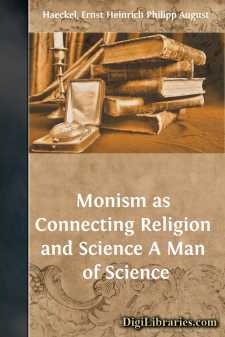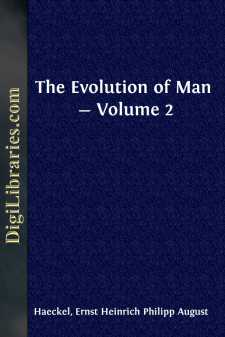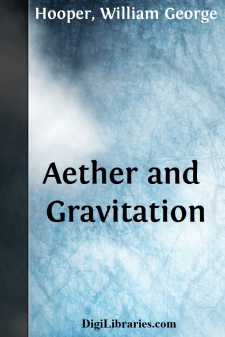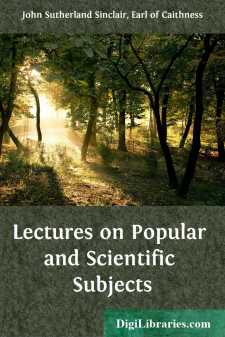Categories
- Antiques & Collectibles 13
- Architecture 36
- Art 48
- Bibles 22
- Biography & Autobiography 815
- Body, Mind & Spirit 144
- Business & Economics 28
- Children's Books 18
- Children's Fiction 14
- Computers 4
- Cooking 94
- Crafts & Hobbies 4
- Drama 346
- Education 58
- Family & Relationships 59
- Fiction 11834
- Games 19
- Gardening 17
- Health & Fitness 34
- History 1378
- House & Home 1
- Humor 147
- Juvenile Fiction 1873
- Juvenile Nonfiction 202
- Language Arts & Disciplines 89
- Law 16
- Literary Collections 686
- Literary Criticism 179
- Mathematics 13
- Medical 41
- Music 40
- Nature 179
- Non-Classifiable 1768
- Performing Arts 7
- Periodicals 1453
- Philosophy 65
- Photography 2
- Poetry 896
- Political Science 203
- Psychology 44
- Reference 154
- Religion 515
- Science 126
- Self-Help 85
- Social Science 83
- Sports & Recreation 34
- Study Aids 3
- Technology & Engineering 59
- Transportation 23
- Travel 463
- True Crime 29
Our website is made possible by displaying online advertisements to our visitors.
Please consider supporting us by disabling your ad blocker.
Freedom in Science and Teaching. from the German of Ernst Haeckel
Description:
Excerpt
PREFATORY NOTE.
In complying with the wish of the publishers of Professor Haeckel's reply to Professor Virchow, that I should furnish a prefatory note expressing my own opinion in respect of the subject-matter of the controversy, Gay's homely lines, prophetic of the fate of those "who in quarrels interpose," emerge from some brain-cupboard in which they have been hidden since my childish days. In fact, the hard-hitting with which both the attack and the defence abound, makes me think with a shudder upon the probable sufferings of the unhappy man whose intervention should lead two such gladiators to turn their weapons from one another upon him. In my youth, I once attempted to stop a street fight, and I have never forgotten the brief but impressive lesson on the value of the policy of non-intervention which I then received.
But there is, happily, no need for me to place myself in a position which, besides being fraught with danger, would savour of presumption: Careful study of both the attack and the reply leaves me without the inclination to become either a partisan or a peacemaker: not a partisan, for there is a great deal with which I fully agree said on both sides; not a peacemaker, because I think it is highly desirable that the important questions which underlie the discussion, apart from the more personal phases of the dispute, should be thoroughly discussed. And if it were possible to have controversy without bitterness in human affairs, I should be disposed, for the general good, to use to both of the eminent antagonists the famous phrase of a late President of the French Chamber—"Tape dessus."
No profound acquaintance with the history of science is needed to produce the conviction, that the advancement of natural knowledge has been effected by the successive or concurrent efforts of men, whose minds are characterised by tendencies so opposite that they are forced into conflict with one another. The one intellect is imaginative and synthetic; its chief aim is to arrive at a broad and coherent conception of the relations of phenomena; the other is positive, critical, analytic, and sets the highest value upon the exact determination and statement of the phenomena themselves.
If the man of the critical school takes the pithy aphorism "Melius autem est naturam secare quam abstrahere" for his motto, the champion of free speculation may retort with another from the same hand, "Citius enim emergit veritas e falsitate quam e confusione;" and each may adduce abundant historical proof that his method has contributed as much to the progress of knowledge as that of his rival. Every science has been largely indebted to bold, nay, even to wild hypotheses, for the power of ordering and grasping the endless details of natural fact which they confer; for the moral stimulus which arises out of the desire to confirm or to confute them; and last, but not least, for the suggestion of paths of fruitful inquiry, which, without them, would never have been followed. From the days of Columbus and Kepler to those of Oken, Lamarck, and Boucher de Perthes, Saul, who, seeking his father's asses, found a kingdom, is the prototype of many a renowned discoverer who has lighted upon verities while following illusions, which, had they deluded lesser men, might possibly have been considered more or less asinine....















